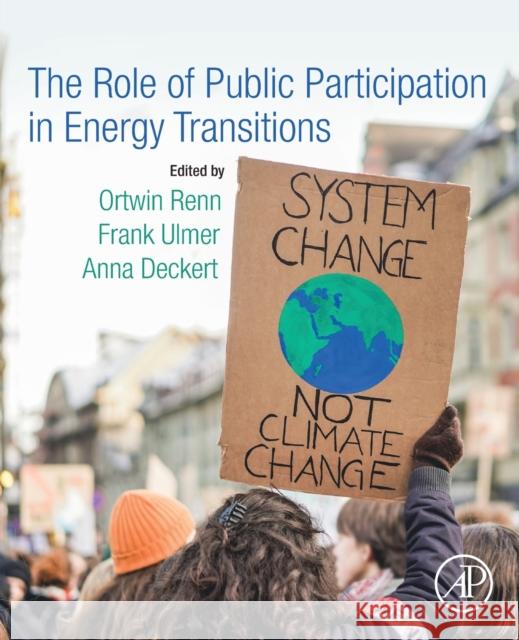The Role of Public Participation in Energy Transitions » książka
topmenu
The Role of Public Participation in Energy Transitions
ISBN-13: 9780128195154 / Angielski / Miękka / 2020 / 224 str.
Kategorie:
Kategorie BISAC:
Wydawca:
Academic Press
Język:
Angielski
ISBN-13:
9780128195154
Rok wydania:
2020
Ilość stron:
224
Waga:
0.43 kg
Wymiary:
23.5 x 19.1 x 1.32
Oprawa:
Miękka
Wolumenów:
01
Dodatkowe informacje:
Wydanie ilustrowane











